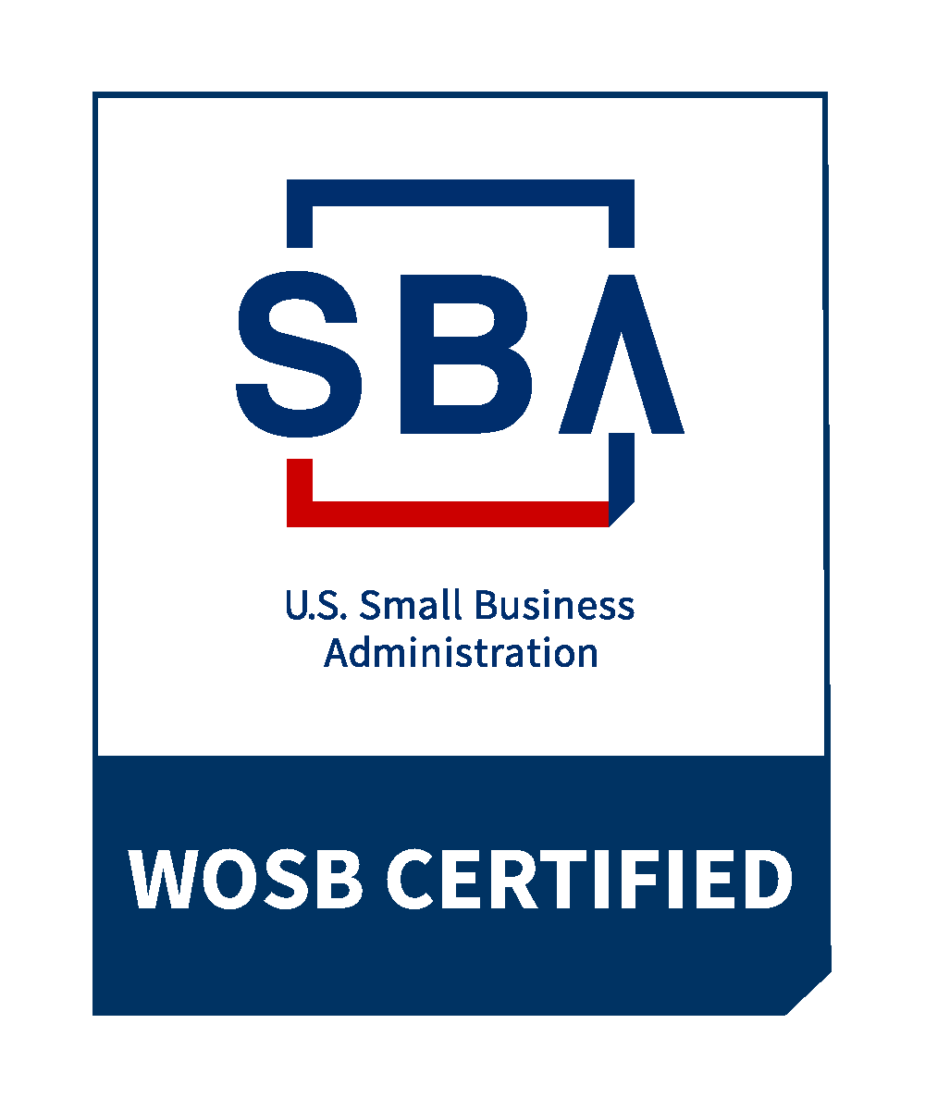Back to Blog
5 Tips for Making the Most of Training Events

 Formal training events and workshops are a service ALE has offered since its founding, with the objective of promoting a meaningful contribution of Logistics Engineering. A commonly uttered phrase-turned-motto at ALE is “we do what we teach and we teach what we do”. In ALE’s early days, the premier service ALE offered was helping our customers perform a Front End Analysis (FEA). An FEA allowed our customers to identify critical logistics issues very early in a program, which allowed early attention when the burdens of improvement are less.
Formal training events and workshops are a service ALE has offered since its founding, with the objective of promoting a meaningful contribution of Logistics Engineering. A commonly uttered phrase-turned-motto at ALE is “we do what we teach and we teach what we do”. In ALE’s early days, the premier service ALE offered was helping our customers perform a Front End Analysis (FEA). An FEA allowed our customers to identify critical logistics issues very early in a program, which allowed early attention when the burdens of improvement are less.
A key component of maximizing the FEA’s programmatic value was to teach and facilitate the customer’s development and application of the FEA and its results. This foundational interaction with our customers to share our expertise and help them build their logistics engineering acumen carries into services we offer today. For example, this past year, ALE has conducted ten workshops on the topics of Level of Repair Analysis (LORA), Product Support Analysis (PSA), Logistics Product Data (LPD), and Failure Mode, Effects, and Criticality Analysis (FMECA) for several NAVAIR divisions.
Over the years, we’ve tailored and refined our training events and workshops to better meet our audiences’ needs based on feedback from customers, changing analysis standards and requirements, shifting industry trends, and customer-specific learning objectives. We’ve also learned a great deal about how attendees can most benefit from training events and workshops. The following list is ALE’s Top 5 Ways to Make the Most of Training Events.
1. Prepare. Each organization seems to offer its own multi-day training event or conference, not all of which are created equal or would be a right fit for you. Our top tip is to thoroughly research the event. Look at available information such as the agenda or reviews from previous attendees. If contact info is available, reach out to the instructor beforehand for an introduction, to explain your personal objectives, ask the characteristics of an ideal audience member, and inquire about background material to become familiar with.
2. Participate. Good instructors engage their classes, and good attendees actively participate in the class in order to reinforce the subject information. You may learn as much from the other attendees as you do from the formal material. Take good notes, and mark items you’d like to learn more about. This’ll come in handy when the instructor opens the floor for questions. Additionally, exchange business cards with the instructor for follow-up discussions. The instructor will be able to refer you to additional experts or information, and you may even be able to arrange a reach-back or a consulting relationship with the instructor.
3. Network. You’ve heard about the importance of networking before, but this time I don’t mean the pressure-filled networking where each person is pitching business solutions at the other. Networking at training events takes on a totally different tone, and so should your approach to networking. It’s ok to talk about your own challenges, why you’re at the event, and what you hope to get out of it. There is no lamb-tolion power relationship at training events, but rather a craftsman-to-craftsman atmosphere. Utilize your time at the training events to build relationships with individuals trying to solve the same problems as you.
4. Give Feedback. Providing feedback to the instructor serves two main purposes: it will help make the training better for others (remember that you are a benefactor to the feedback that previous attendees gave to the events you attend) and it gives you the opportunity to reflect on what you learned during the event.
5. Apply What You Learned. One of the best ways to retain information is to “do”. We try to build hands-on activities or application exercises into the workshops we conduct, but to truly internalize a new, complex, or abstract concept, you need to put it into action – and the sooner after the event you can do this, the better. Work with your employer to get involved in a task that utilizes your new knowledge. If there is not an opportunity to immediately apply what you learned to your job, take some time to rework the exercises that were presented during the training or search online for available case studies. Attending training events is an investment in you, both in your time and dollars (or oftentimes, your employer’s dollars). Therefore, it’s important to get the most out of these events, both for your own professional growth and to utilize your newly-developed skills to perform your job duties at a higher level. By implementing the simple actions outlined above, you will be able to maximize your investment in yourself.
ALE provides both public (open to all) and private (for a specific customer) workshops in our core business areas. If you would like to inquire about future workshops or scheduling a specific workshop tailored to your needs, contact us at 614-436-1609 or staff@ale.com. An overview of available workshops can be viewed here.
Article Authored by Elizabeth Schwartz






